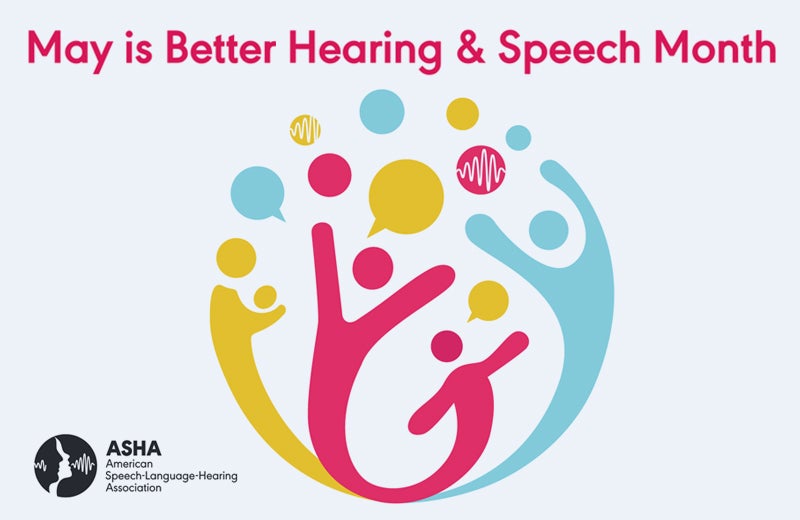Andalusia expert offers families tips for skill-building at home this Better Hearing and Speech Month
Published 6:18 pm Friday, May 7, 2021
|
Getting your Trinity Audio player ready...
|
After a challenging year of virtual, hybrid, and modified in-person learning, (Andalusia-based) speech-language pathologist, Ann Weed, is offering advice and encouragement to families on low-stress ways they can support their children’s language, literacy, and learning skills at home this summer. Her message is a timely one, as May is celebrated nationally as Better Hearing & Speech Month (BHSM).
“Many parents have been understandably concerned about their child’s academic progress this school year, given all of the changes necessitated by the pandemic,” explained Weed. “This may be especially so for families whose children receive support services in schools, such as speech and language therapy. These services may have looked a little different this year than they typically do, and they may to some degree next year as well. I want to encourage families to use the summer season as a much-needed reset—and to rest assured that there are many ways you can support your child’s learning at home, without workbooks, learning apps, and other programs and purchases that add to the family’s stress level.”
Weed is providing advice on what most children—especially those with speech, language and social communication disorders—need more of this summer. She notes that so-called “down time” is actually time well spent when it comes to building communication and learning skills. This is true for children of all ages.
Activities Children Need More of This Summer
Weed encourages families to prioritize these activities:
Reading. Use this time to nurture the joy of reading. Let kids be in the driver’s seat when it comes to choosing what they read so it doesn’t feel like work. While independent reading is always valuable, children of all ages also benefit from nightly reading together with an adult. Many libraries that were closed due to COVID-19 are reopening or offering curbside book pickups and returns.
Outdoor Play. Hands-on activities, no matter a child’s age, are the best way to learn new skills, build vocabularies, and boost learning through the senses. Try taking a nature walk and discussing the sights, smells, and sounds. Plant a garden—outside or in containers. Start by researching your options, and then shop for materials, do your planting, and care for your garden daily. Plan a picnic—discuss your menu, where you’ll go, and what you hope to see.
Quality time. Many families have spent more time together than ever this year, but the quantity of this time has not always translated to quality. Focus on one or two daily opportunities for uninterrupted conversation and bonding. A morning or evening walk together, a device-free meal each day, or a nightly board game are some ideas.
Weed is also providing some recommendations for activities to take a break from, including these:
Screen time. For many children, it’s been a year of exponentially more screen time—as much of daily life moved online. Kids also have been exposed to a constant barrage of negative news about the pandemic and other issues on TV, with many experiencing online fatigue and stress. When school is out, consider revisiting boundaries around daily technology use. Talk to kids about the effects of too much screen time, how they feel after being online for a long time, and other activities they can do in place of screen use.
Formal work, workbooks, and “educational” programs/apps. Families may feel pressure to work with children over the summer by ordering workbooks or subscribing to online programs. However, everyday real-world activities and interactions are generally most effective. Play is one of the main ways that children learn, with direct benefits on cognitive skills, math, language, literacy, and much more.
Academic pressure and expectations. This school year, even the youngest of children had to deal with stress in the academic environment—from technological challenges to limited engagement with adults and peers. Although you as parents are understandably invested in their child’s development and academic success, try to remain positive about where your children are after one very tough year.
If you’d like to learn more, visit Weed’s Facebook page: Speech Therapy of Andalusia LLC





